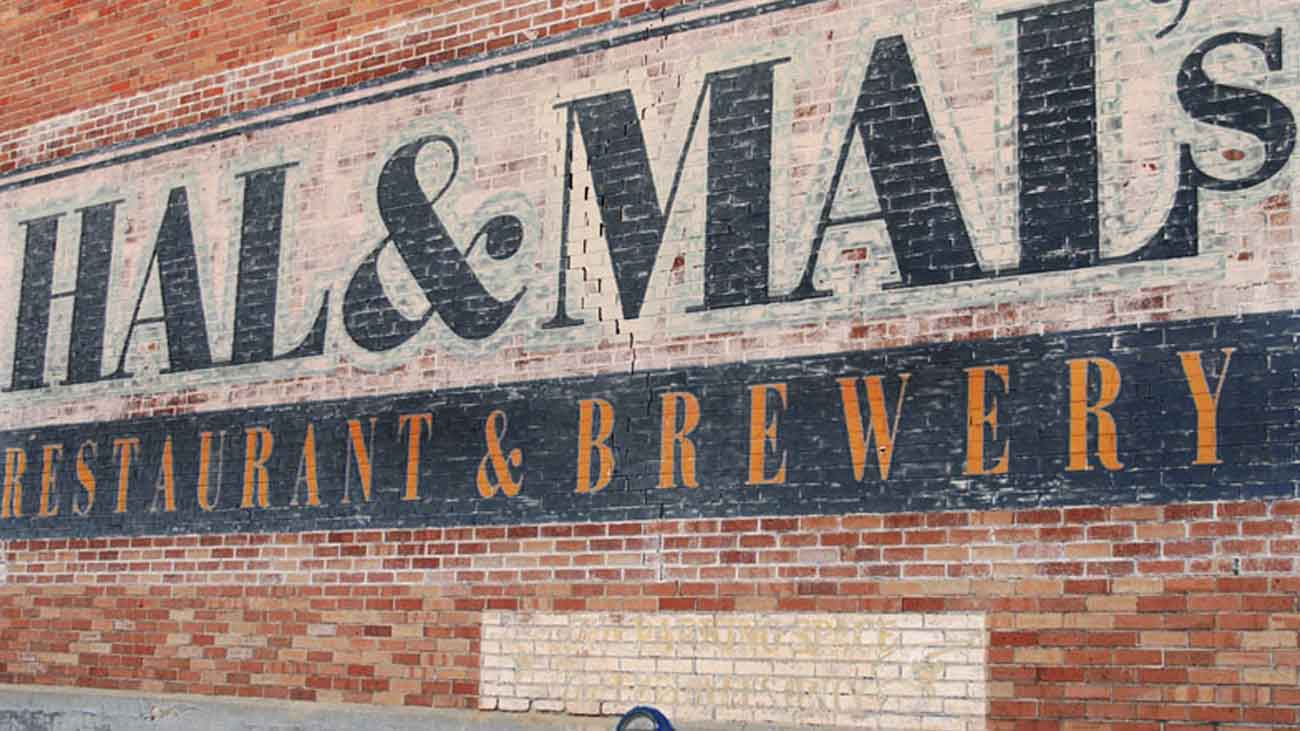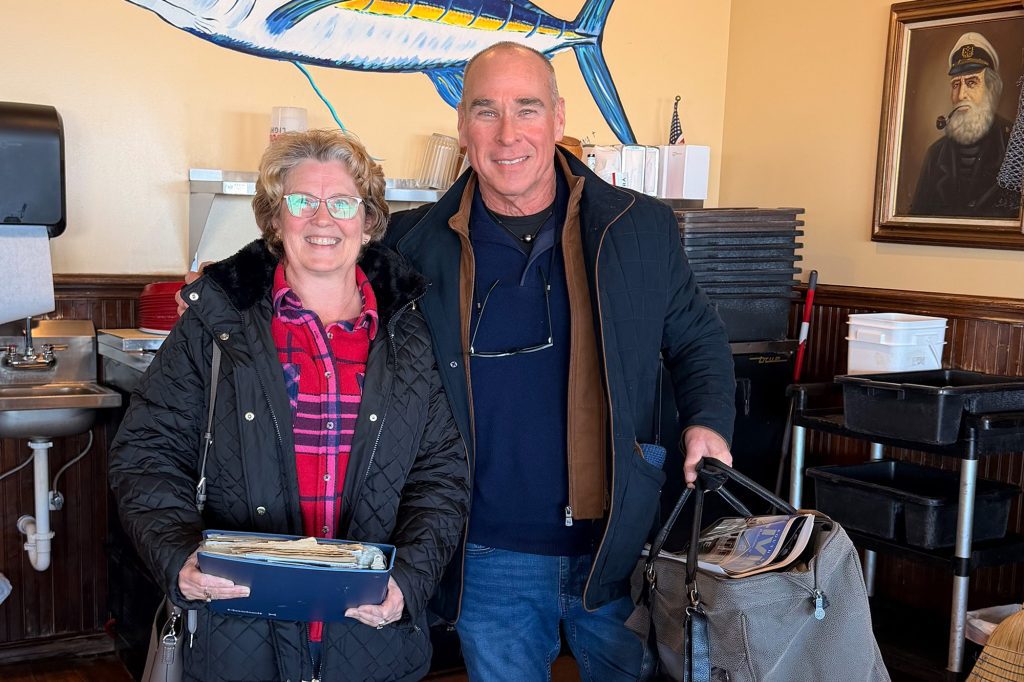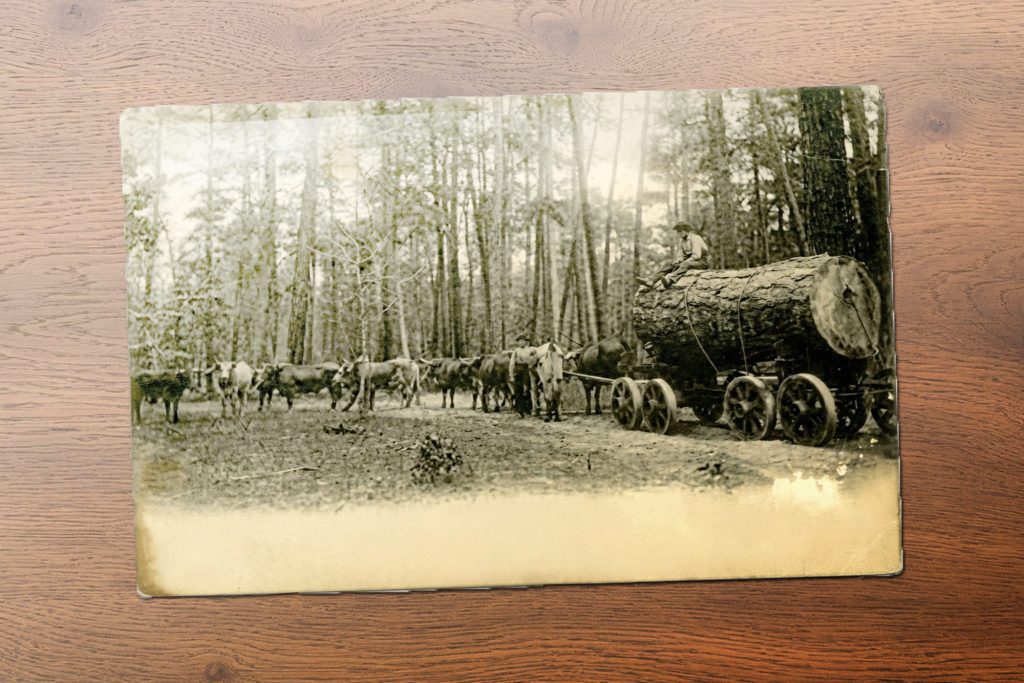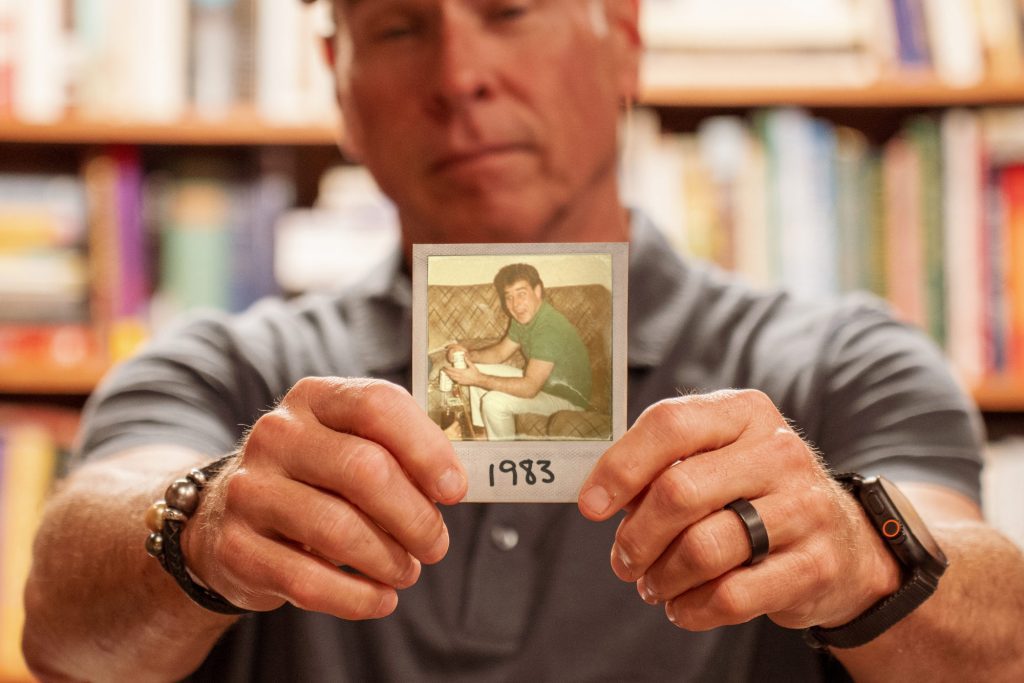Independent restaurants anchor a community. They tell the story of a town and its people much better than a slick chamber of commerce brochure.
When I am traveling, I skip meals at the hotel and ask the front desk clerk, “Where’s the best place to eat? Not a chain, nothing fancy, I’m looking for the place where the old men sit at the same table and annoy the same waitress while talking politics and sports.”
I am always in search of a restaurant, diner, or cafe where “local color” lives. It is within those walls that I’ll learn about that town and it’s people.
In Jackson, Mississippi there are several old-line community-defining restaurants and cafes. The Mayflower, The Elite, and— even though it exists in a newer incarnation— Primo’s are all heritage restaurants. Those places tell the story of Jackson. They were the first of their kind and, in an industry that is not deferential to tenure, they continue to thrive today.
When looking at the history of restaurants, it’s the old-line places that establish the initial culinary culture of a community. The second-generation restaurants are the ones that break new ground and introduce us to new styles, trends and concepts.
No restaurant represents the second generation of Jackson dining better than Hal & Mal’s.
I have long stated that Hal & Mal’s doesn’t get the credit it deserves for changing the culture of downtown Jackson, and therefore, Mississippi. In the mid 1980s when the capital city’s white flight was making a swift migration north, brothers Hal and Malcolm White boldly planted their flag in a B-location on South Commerce Street inside an old warehouse next to the railroad tracks, where they began offering first class gumbo and world-class music.
Oftentimes we get distracted by the shiny new things and forget to pay homage to the classics. Hal & Mal’s is a classic in the most classical sense. The White brothers— late, great soup master Hal, and music promoter wunderkind, Malcolm— opened the iconic establishment in 1985 after a decade or more of working in other people’s operations.
Hal & Mal’s was groundbreaking when it opened, and they continued to break new ground for the next two decades. When industry trends and cultural shifts threw them a curve ball, the brothers corrected their course, steadied their stance, and swung for the fence every time.
To survive through the ages, a restaurant must always move forward.
In the early days Hal & Mal’s was the premiere spot for live music in Mississippi. With Arden Barnett riding shotgun, Malcolm White broke through the old established barriers of entertainment booking and brought cutting-edge live music to the Hal & Mal’s big room. It’s one thing to introduce new music to an audience. It’s a more important thing to shine a light on heritage acts that were forerunners of modern genres. Artists such as Willie Dixon, B.B. King, Ike Turner, Albert King— the reasons our current music exists— performed on the Hal & Mal’s stage, along with hundreds of others.
Malcolm White has accomplished many things over the course of a long, successful career. Possibly the most overlooked aspect of White’s resume is that he, and not a minute too late, brought attention and appreciation to jazz and blues musicians, who were there at the birth of 20th Century music, minutes before they made their exit. In the mid 1990s the casinos opened, and— armed with large entertainment budgets aided by slot machine and table-gaming profits— began competing in the live music segment.
The White brothers adjusted course and, in what might have been their boldest move, made a daring foray into the brewpub industry 15 years before anyone cared about beer beyond the long-established macro breweries. Craft beer is ensconced in the state’s vernacular, today. But I defy anyone to name a restaurant or bar that was more influential to the craft beer business (early on) than Hal & Mal’s— Mississippi’s first independent brewpub.
Had the Whites opened their brewpub in 2014 instead of 1999, we’d be talking about a different downtown landscape.
The first beer the White brothers brewed was Willie’s Diamond Ale, a spring beer named for the famous Mississippi author Willie Morris who passed away while they were building the brewery. Ultimately the Whites were too early for the general public and too late for Willie, though Morris would have loved both the beer and the tribute.
As the Bold New City’s mass exodus continued— later in all directions— the White brothers held firm to their downtown roots. They kept booking live music in the face of well-funded competition, they continued to welcome every charity that knocked on their door needing an event space, and they fired up the stoves every morning and made killer gumbo and the best hot roast beef sandwich east of the Mississippi River.
The restaurant community lost Brother Hal in the Spring of 2013. But the next generation of Whites stepped up to the plate. In my mind, that was a defining moment in the history of Hal & Mal’s. Everyone wondered if the restaurant could carry on without Hal. Malcolm had moved on to a career in state government with the Mississippi Arts Commission, where he was able to use his considerable skill and experience to promote the arts and music to a broader base beyond a single restaurant/bar. Without hesitation, the next generation of Whites took the reins of the restaurant and bar cementing Hal & Mal’s into a true Mississippi institution.
The sign of a lasting culinary legacy is when the next generation takes charge without missing a beat.
It is important that we support these institutions while they still operate. Too many great restaurants have gone on to that great used equipment warehouse in the sky because the new, shiny things distracted us. When they have departed, we— like so many bandwagon Prince fans who popped up after his untimely death— lament the loss, though way too late.
We need to support our classic restaurants and bars, not only because they have excellent food and entertainment, but because they are good for Mississippi. They tell our story in the best way possible.
If there were a Jackson Restaurant Hall of Fame (and there should be) the names of the Greek restaurant greats Apostle, Crechale, Dennery, Kountouris, Primos, and Zouboukos— first ballot candidates, all— should be listed with the same reverence as the two boys of Irish heritage from South Mississippi, Hal and Malcolm White who have given us “local color” for over three decades.
View today’s recipe: Crescent City Grill Seafood Gumbo



